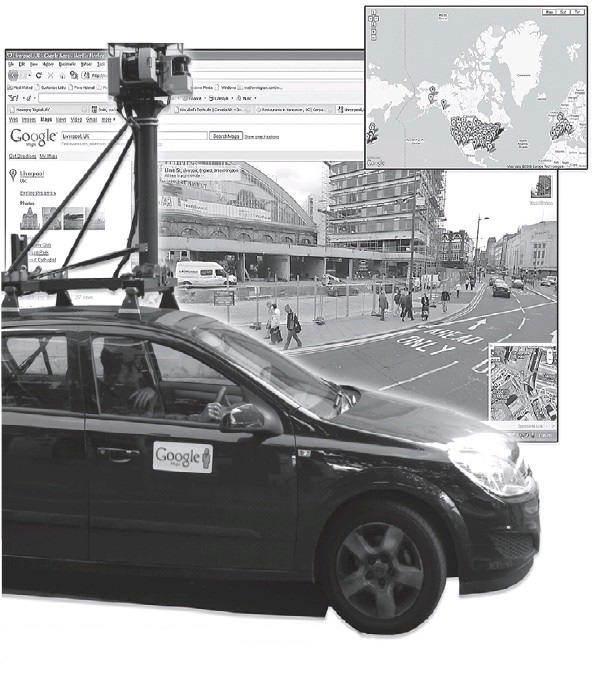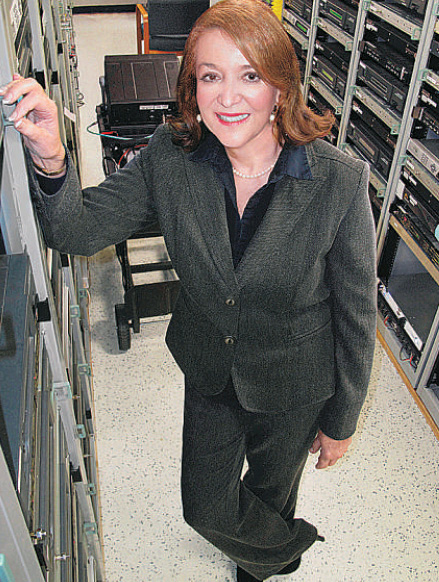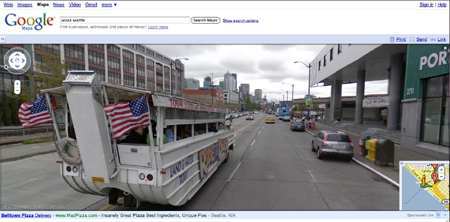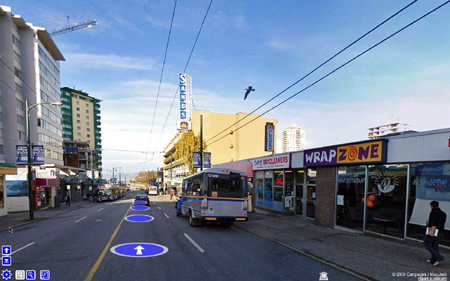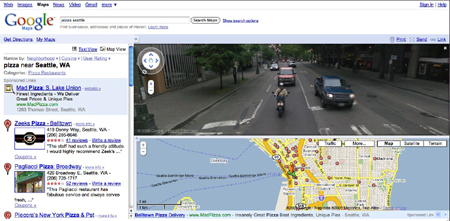Commercial CDs head the way of the eight-track while recording companies miss out on revenue
Gillian Shaw
Sun
Music CD sales have dropped by half from their peak a decade ago, but unlike the decline of vinyl records and eight-track tapes, the current shift is bringing with it a wholesale transformation in the delivery and distribution of music.
The format change started with MP3 files, but digital music also brings multiple distribution channels — from the free sharing of music, to iTunes and other paid download services, to more futuristic channels that could see us making micro-payments to call up songs on the refrigerator while we cook dinner.
The recording industry, which failed to adapt in the early days and instead sought to hold back the change, is now paying the price. But for artists and consumers, the shift is opening up opportunities in accessibility, and lowering barriers to entry for a music career.
“CDs are being replaced by MP3 files, and the only problem is the record labels never figured out a way to charge for MP3 files until it was too late,” says Dave Kusek.
Kusek is vice-president at Berklee College of Music, a co-developer of the Musical Instrument Digital Interface (MIDI); co-inventor of the first electronic drums at Synare; founder of Passport Designs, the first music software company; and co-author of the book The Future of Music: Manifesto for the Digital Music Revolution.
“It is a format change, and the record industry had its chance when Napster first came out. They had the chance to license Napster for all their music,” he said. “If they had done that, I believe the recorded music industry would be in a much more healthy state than it is today, or ever will be again.”
Instead, the recording industry decided to sue Napster. And while it may have won that battle, it’s losing the war. In the U.S., the industry took consumers who were sharing music files to court, but it has since abandoned that tactic.
Most recently in B.C., a Vancouver company is taking on the recording industry in a B.C. Supreme Court case, asking the court to confirm that it is not infringing copyright with websites that allow users to search BitTorrent files on the Internet to find movies, music and other content.
Apple cashed in on the digital music craze with its iPods, picking up much of the revenue that CDs would have generated. But paid services such as Apple’s iTunes, Amazon and others still account for only a small portion of the music people listen to on their computers and other devices.
“If you look at the several billion tracks that have been sold on iTunes, that is a couple of months worth of file-sharing traffic in MP3 files,” said Kusek, who runs a consulting business, Digital Cowboys, that has clients such as Nokia, Pepsi, BMG, EMI and others. Kusek also blogs at futureofmusicbook.com.
“The entire history of iTunes is [equivalent to] a couple of months of downloaded shared music,” he said.
Kusek sees a future in a type of blanket licence approach, similar to cable television’s.
“I think if it is going to happen, it is going to happen in the mobile space rather than in the computer space, although those two will merge,” he said. “The idea of selling a recording for a dollar-plus per song or $15 to $20 per disk has probably gone, or will be gone in the not-too-distant future.”
While hundreds of millions of CDs are still being purchased, sales are in steep decline. Sales of digital music in the United States grew almost 30 per cent last year, but sales of CDs dropped, with the forecast for 2009 putting them at half the level of their peak during the CD boom in the late 1990s.
According to a report by Forrester Research, U.S. digital music sales — downloads and subscriptions — will grow at a compound annual growth rate of 17 per cent over the next five years, putting digital music on track to make up 41 per cent of the music market in 2013.
The growth in these purchases won’t compensate for the decline in CD sales, leaving the overall music market shrinking by a compound annual growth rate of 0.8 per cent, to $9.8 billion US in 2013.
“I think it will become more of a utility, a service that you subscribe to that is bundled into your bill, and you get your music that way,” Kusek said.
While CDs can be played in a variety of devices, from a car to a living room stereo to a boom box on the beach, there are far more variations for digital music.
“I have a pair of sunglasses I can play music in,” Kusek points out with a laugh.
Karl Kapp, a professor of instructional technology at Bloomsburg University in Pennsylvania and author of Gadgets, Games and Gizmos for Learning, thinks that while there is always going to be a need for a way to aggregate your music on some kind of storage device, it’s not going to be the CD.
“I think they will go the way of eight-tracks,” he said. “Basically, what the music business is having is a disaggregation of content.
“Rather than a CD or album, you have to find multiple distribution channels for [today’s] music. Before, there were limited distribution channels and purchasing channels.
“The music industry is in a bit of a tailspin. They are never going to get back to the level where they were.”
But with the shift comes a change in the split that artists can achieve from their efforts. The barrier to entry has been lowered. No longer do artists need the deep pockets of major recording labels to finance releases; social networking sites such as MySpace and Facebook, along with websites, give them direct communication with their fans, allowing them to target their audience and build a following.
“There are bands that are bypassing labels and going straight to their fans,” Kapp said. “You can do it all with software, you don’t need a huge recording studio, and it is also now easy to sell your music and distribute it.
“You are always going to have the Britney Spears and Christina Aguileras, the huge stars that need the machine behind them. But there are far more artists who can make a decent living [who] are never going to be superstars.”
The delivery system is online but it can be through your computer, a handheld device, a game console, or maybe even your Internet-connected refrigerator.
“Anything that is Web-enabled could potentially become a channel,” said Kapp, who sees the possibility of a micro-transaction model in which consumers pay a tiny fraction of a cent to play a song on one device, such as the fridge, while they cook dinner.
© Copyright (c) The Vancouver Sun

